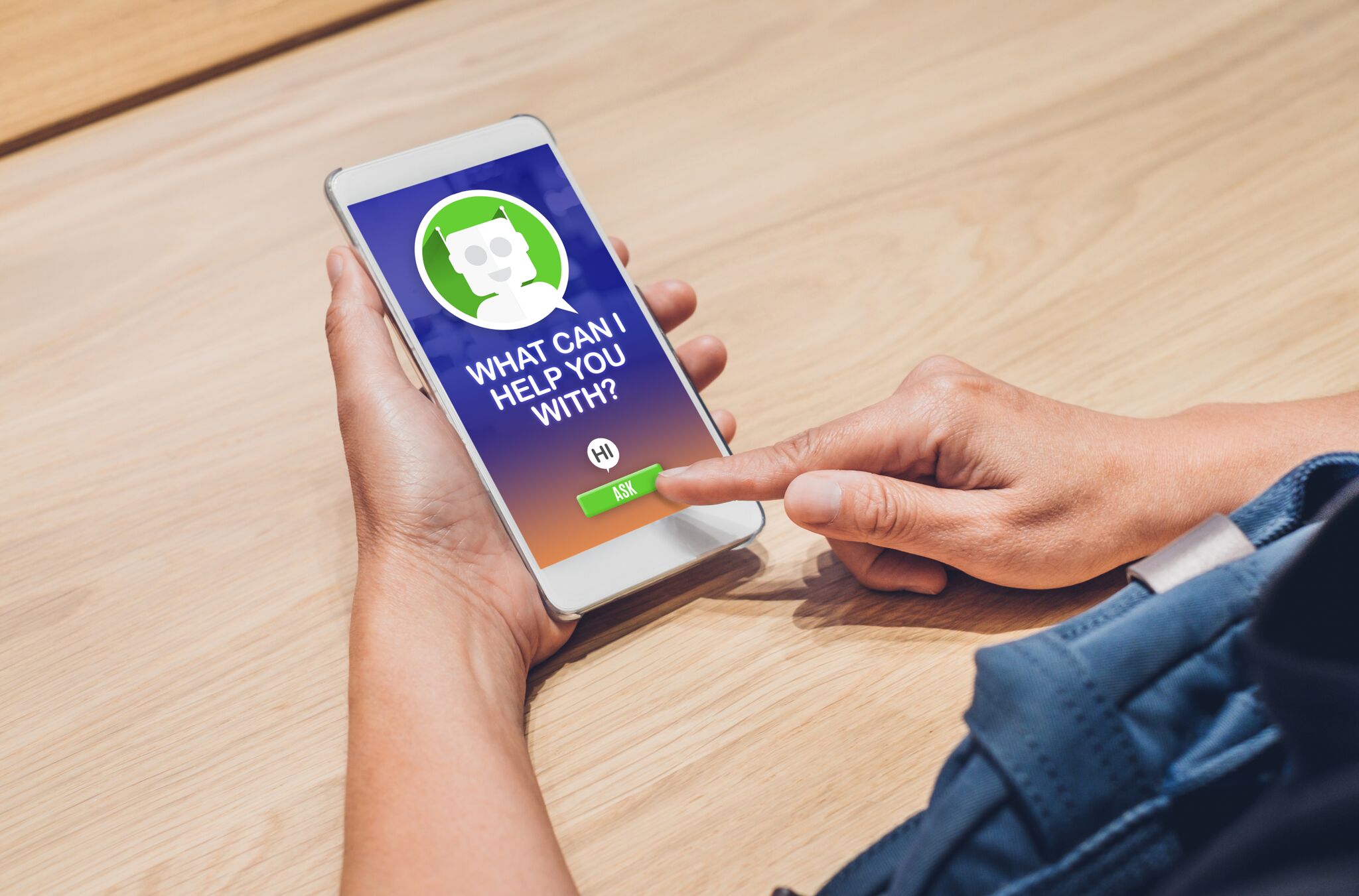
One of the key, long-anticipated benefits of advances in health IT has been the increased capacity for consumers to get in the driver’s seat when it comes to managing their own healthcare. And, not surprisingly, that anticipation is only increasing with the rise of AI.
In a recent column, Steve Auerbach, CEO of Alegeus, a provider of consumer-assisting healthcare platforms, points to four areas that, with new AI, are “ripe for high-impact innovation.”
First, he says, new machine learning tools can be tapped to help consumers to select the right combination of plan and benefit accounts “based on past spending behaviors and a future needs analysis – providing recommendations every step of the way with the goal to stretch each dollar further, while at the same time educating the consumer on key topics such as retirement planning and saving strategies.”
These improvements won’t simply benefit consumers, he says, but will also improve the overall health and financial wellness of the overall workforce.
Second, he predicts better – meaning “smarter”– consumer spending. After all, as healthcare costs rise, and consumers take on more financial responsibility for their healthcare, they’re not about to tolerate a “poor user experience.”
For example, consumers will able to use an app on their smartphone “to locate a retail pharmacy within walking distance that offers a $17 strep test, versus paying three times the cost to have the same test performed at an urgent care facility that’s three miles away.”
The next improvement Auerbach points to takes thrift and planning to a new level. “Soon, AI will track consumer spending to provide personalized recommendations for short-term savings that can be seamlessly redirected to the account holder’s long-term investment account,” he explains.
For example, he says, a consumer who saves on a particular test or medication could use a smartphone app to automatically invest the money they saved in a previously established health savings account.
Finally, AI can help employers get involved, as well.
Using AI-powered technology, they’ll be able “to set personalized incentives that financially reward consumers to eat better, stay active, and manage or prevent the onset of chronic diseases. They will be able to track progress using smart devices like step counters and heart rate monitors, and employees will be able to see exactly what they need to do in order to receive their incentives."
For some time, says Auerbach, advanced technologies such as AI and machine learning have been promising to change everything. In his view, the wait is finally over.Savvy providers “are now ready to arm employers and consumers with the smart tools needed” to maximize the value and utility of consumer-driven healthcare.


